Japanese culture in everyday life.
We sell goods with design elements of Japanese ukiyoe, paintings, traditions, and Japanese language.
We hope you will feel Japanese culture close to you.
Featured products
-
iPhone Case Edo Nihonbashi A [Fugaku Sanjurokkei]
Regular price $27.00 CADRegular priceUnit price per -
iPhone Case Edo Nihonbashi B [Fugaku Sanjurokkei]
Regular price $27.00 CADRegular priceUnit price per -
iPhone Case Kazusa no kairo A [Fugaku Sanjurokkei]
Regular price $27.00 CADRegular priceUnit price per -
iPhone Case Kazusa no kairo B [Fugaku Sanjurokkei]
Regular price $27.00 CADRegular priceUnit price per -
iPhone Case Shimo Meguro A [Fugaku Sanjurokkei]
Regular price $27.00 CADRegular priceUnit price per -
iPhone Case Shimo Meguro B [Fugaku Sanjurokkei]
Regular price $27.00 CADRegular priceUnit price per -
iPhone Case Gohyaku Rakanji Sazaido A [Fugaku Sanjurokkei]
Regular price $27.00 CADRegular priceUnit price per -
iPhone Case Gohyaku Rakanji Sazaido B [Fugaku Sanjurokkei]
Regular price $27.00 CADRegular priceUnit price per
Collection
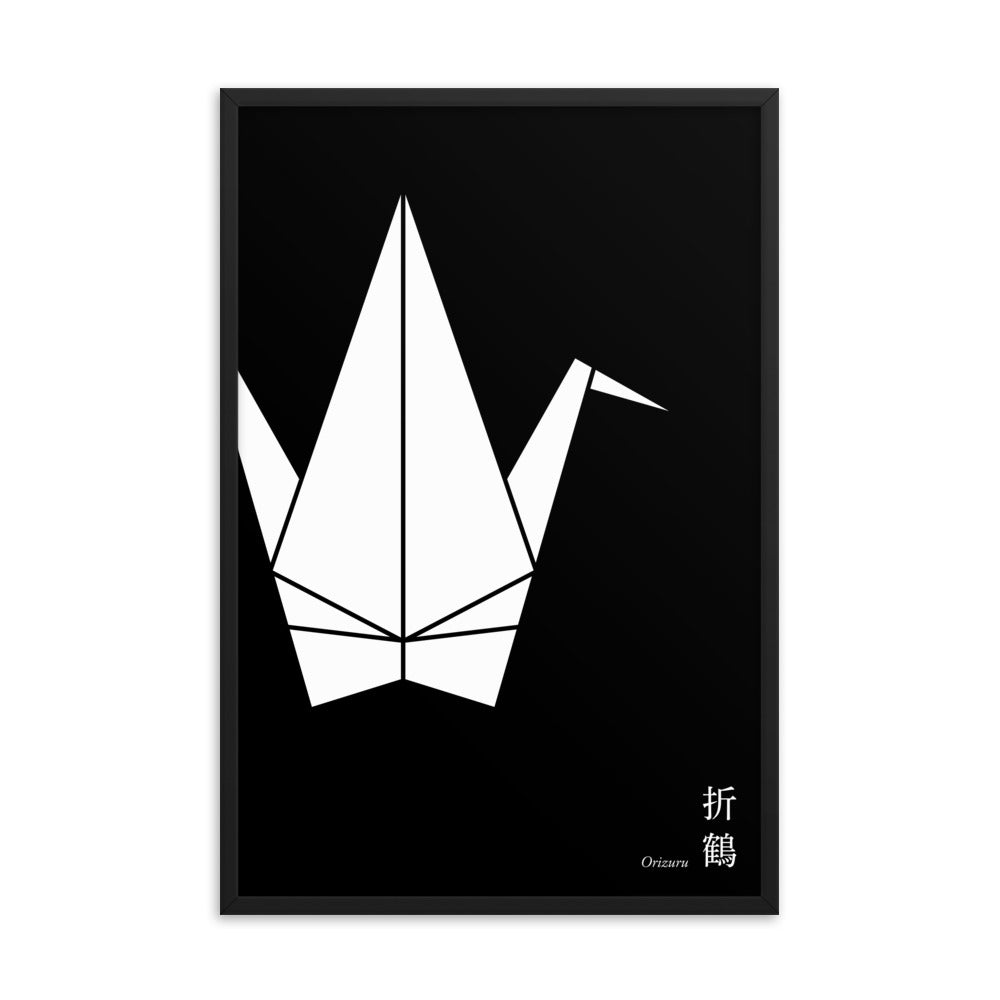
Framed Posters
These posters feature Japanese language motifs that remind us of Japanese traditions...
iPhone Case Kanagawa oki nami ura B [Fugaku Sanjurokkei]

Galaxy Cases Genjikou no Zu
"Kodo" is the Japanese tradition of burning fragrant woods according to a...
-
Fugaku sanjurokkei
Ukiyoe are genre paintings of the Edo period. Among them, Fugaku Sanjurokkei (Thirty-six views of Mt. Fuji) is widely known as Hokusai Katsushika's masterpiece. The first edition of Fugaku Sanjurokkei (Thirty-six views of Mt. Fuji) was produced around 1830, and is thought to have been published between 1831 and 1835.
-
Genjikounozu
Kodo is the Japanese tradition of appreciating and enjoying fragrance. One of its styles is "Genji Kou no Zu," which is used in "Genji Kou" (Genji incense). It is thought to have been established during the Kyoho period (1716-1736 A.D.), and has long been used on kimonos, Japanese sweets, and other items.
-
Japanese traditional patterns
It is believed that Japan's unique traditional patterns were created after the Heian period (794-1185 A.D.), and these patterns have developed along with Japanese culture and have been handed down to the present day. Among them, designs with auspicious meanings are called "Kissho patterns" and have been used to express wishes for good family health and a bountiful harvest.

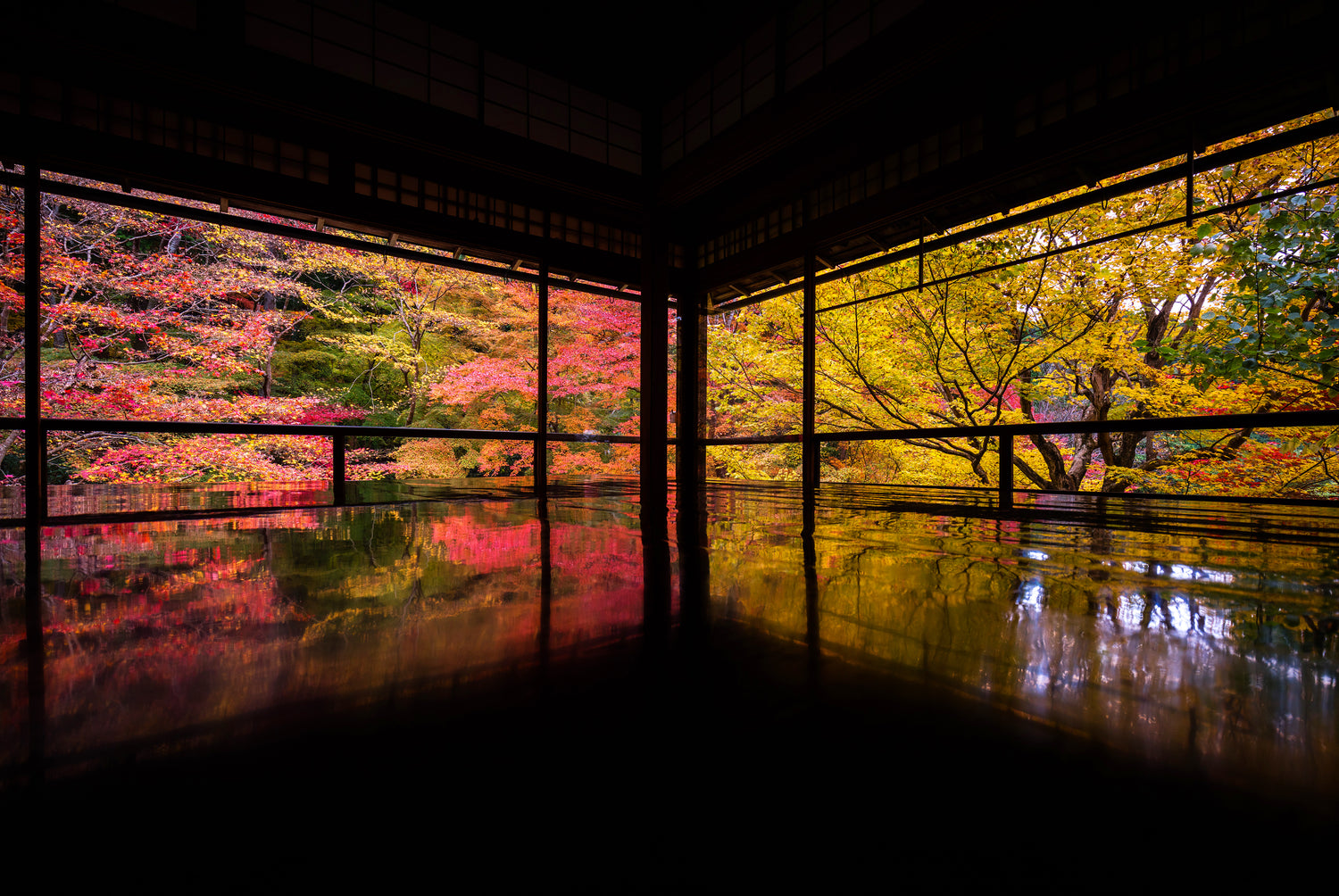
![iPhone Case Edo Nihonbashi A [Fugaku Sanjurokkei]](http://beautiful-japan.com/cdn/shop/products/iphone-case-iphone-se-case-on-phone-631d7f2f7f000.jpg?v=1662877497&width=533)
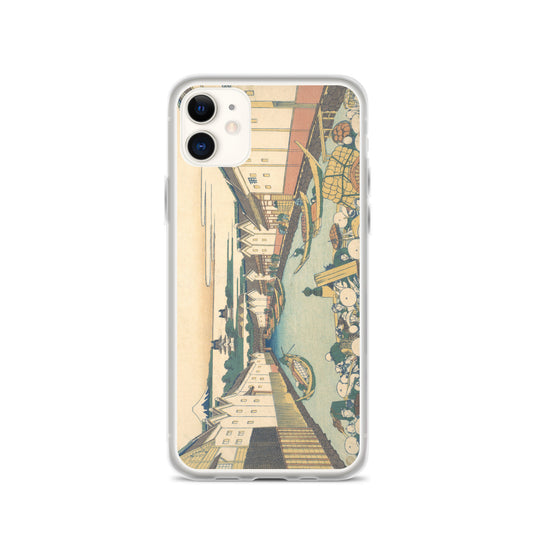
![iPhone Case Edo Nihonbashi B [Fugaku Sanjurokkei]](http://beautiful-japan.com/cdn/shop/products/iphone-case-iphone-se-case-on-phone-631d7f7ee0851.jpg?v=1662877581&width=533)

![iPhone Case Kazusa no kairo A [Fugaku Sanjurokkei]](http://beautiful-japan.com/cdn/shop/products/iphone-case-iphone-se-case-on-phone-6316e45f71982.jpg?v=1662444647&width=533)
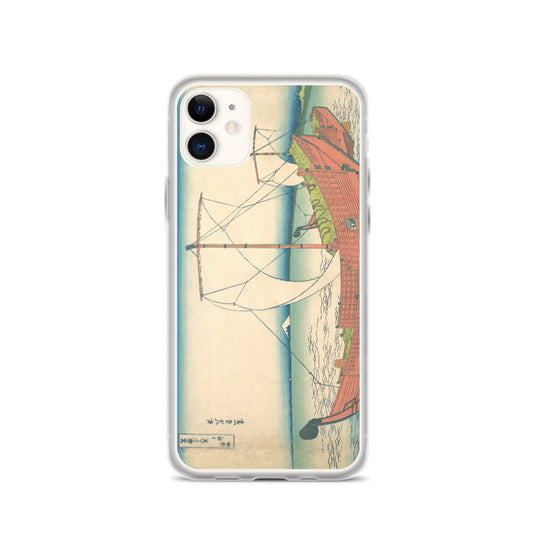
![iPhone Case Kazusa no kairo B [Fugaku Sanjurokkei]](http://beautiful-japan.com/cdn/shop/products/iphone-case-iphone-se-case-on-phone-6316e6655fe2f.jpg?v=1662445166&width=533)
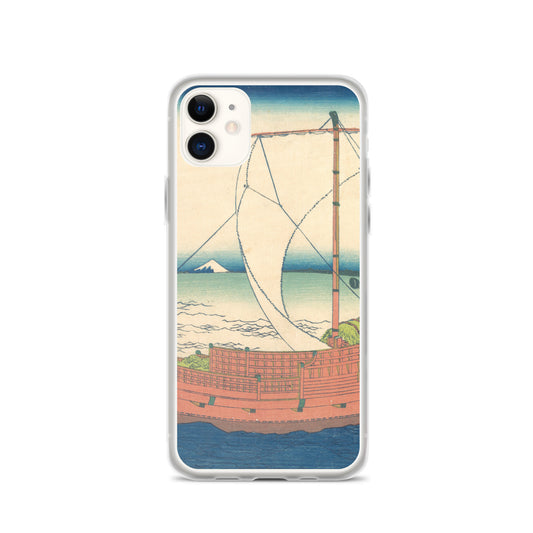
![iPhone Case Shimo Meguro A [Fugaku Sanjurokkei]](http://beautiful-japan.com/cdn/shop/products/iphone-case-iphone-se-case-on-phone-6315bd701c0df.jpg?v=1662369148&width=533)
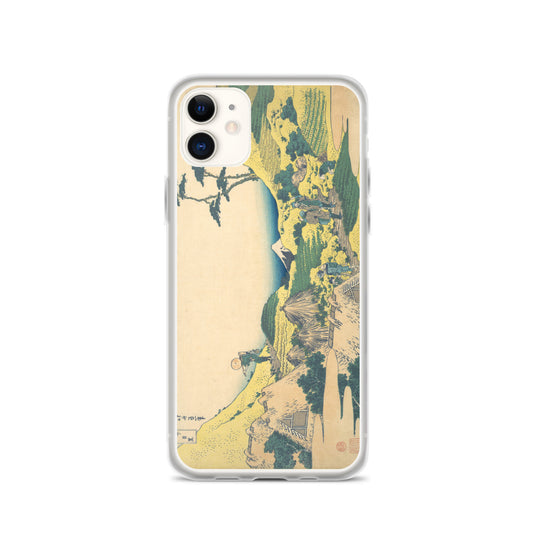
![iPhone Case Shimo Meguro B [Fugaku Sanjurokkei]](http://beautiful-japan.com/cdn/shop/products/iphone-case-iphone-se-case-on-phone-6315bdd13bd0b.jpg?v=1662369242&width=533)
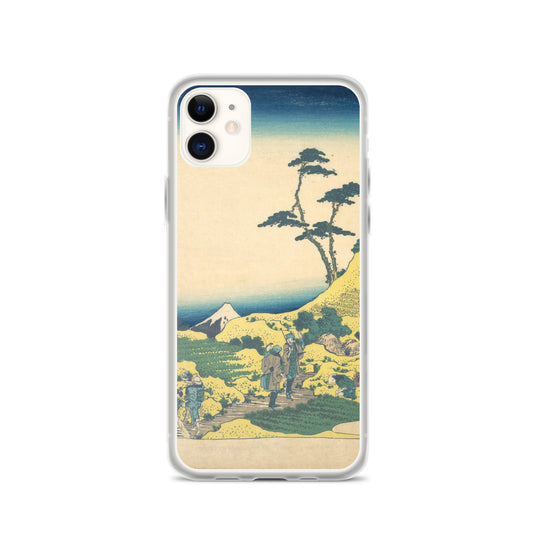
![iPhone Case Gohyaku Rakanji Sazaido A [Fugaku Sanjurokkei]](http://beautiful-japan.com/cdn/shop/products/iphone-case-iphone-se-case-on-phone-631d882e1f6e0.jpg?v=1662879911&width=533)
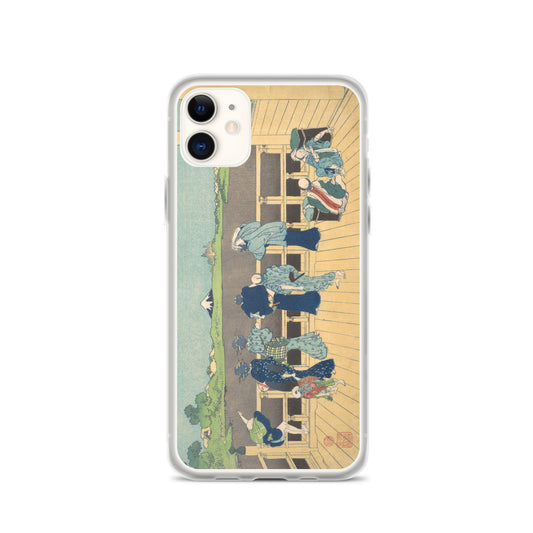
![iPhone Case Gohyaku Rakanji Sazaido B [Fugaku Sanjurokkei]](http://beautiful-japan.com/cdn/shop/products/iphone-case-iphone-se-case-on-phone-631d888069fa8.jpg?v=1662880004&width=533)
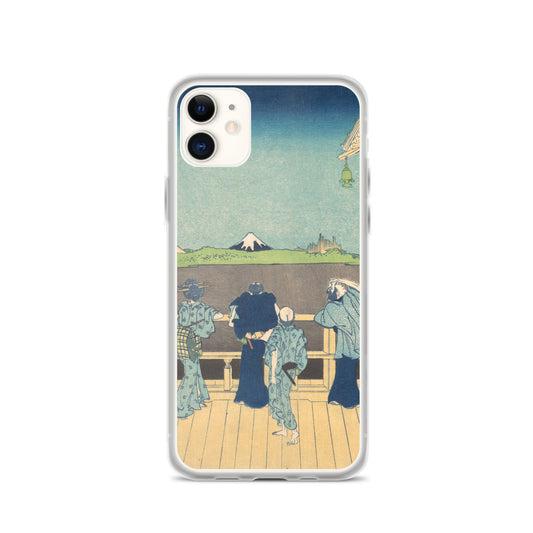
![iPhone Case Kanagawa oki nami ura B [Fugaku Sanjurokkei]](http://beautiful-japan.com/cdn/shop/products/iphone-case-iphone-7-8-case-on-phone-62eb824cc08b8.jpg?v=1659601504&width=533)